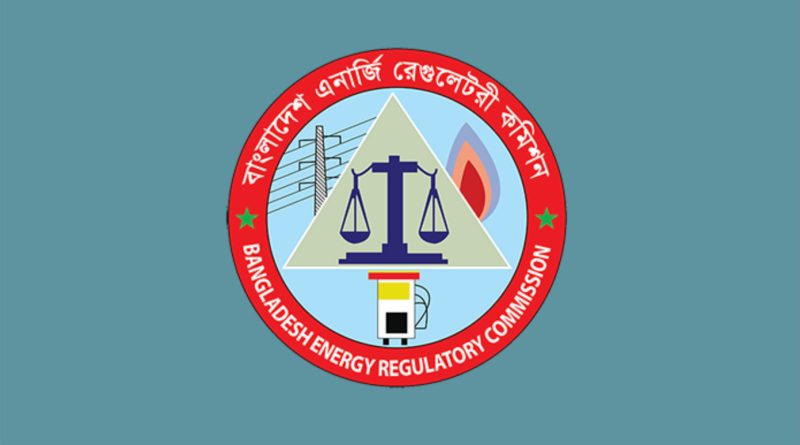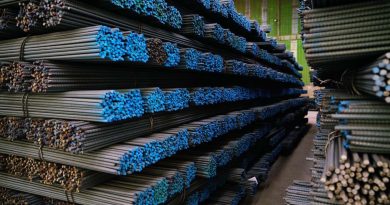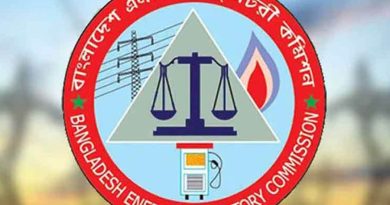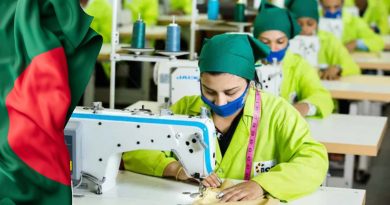A crucial public hearing on the proposed gas tariff hike for state-owned fertiliser factories will take place today (Monday), as Bangladesh grapples with persistent energy shortages and rising import costs.
The Bangladesh Energy Regulatory Commission (BERC) will hold the day-long hearing at the BIAM Foundation auditorium in Dhaka from 10:00 am to 5:00 pm. Officials said the session will open with a detailed presentation by Petrobangla, which has sought a 150 percent increase in gas prices — from Tk 16 to Tk 40 per cubic metre — for government-run fertiliser plants.
Petrobangla argues the steep revision is essential to finance the import of additional liquefied natural gas (LNG), a critical move to mitigate chronic supply disruptions. The proposal is supported by its gas marketing and distribution subsidiaries, including Titas Gas, Bakhrabad Gas, Jalalabad Gas, Sundarban Gas, Pashchimanchal Gas, and Karnaphuli Gas — all of which have submitted aligned proposals to the regulator.
Before the hearing, BERC invited stakeholders to register and submit opinions by late September. The regulator is expected to weigh public feedback, technical data, and financial projections before deciding on the tariff structure.
According to Petrobangla, proceeds from the proposed tariff hike would fund the import of at least seven additional LNG cargoes, ensuring uninterrupted supply to fertiliser factories that have frequently been forced to halt production due to fuel shortages.
If approved, the revised rates would enable Petrobangla to maintain gas flows of 250 million cubic feet per day (mmcfd) during the peak production months of October to March, and between 130–175 mmcfd in the off-peak months. The plan would also allow the company to raise its annual LNG imports to 115 cargoes, up from 108 at present — a 6.5 percent increase.
Despite the proposed adjustment, Petrobangla estimates a Tk 83.55 billion deficit, which it hopes will be covered through government subsidies. The blended cost of gas — combining local and imported sources — would rise from Tk 24.56 to Tk 28.78 per cubic metre, reflecting the growing share of costly LNG in the national energy mix.
This would mark the second major tariff adjustment in three years. In June 2022, BERC raised gas prices for fertiliser units by 259 percent, from Tk 4.45 to Tk 16 per cubic metre. Yet, despite the hike, most factories continue to struggle with overdue payments. As of June 2025, they collectively owed around Tk 10.39 billion to gas distribution companies.
Petrobangla’s latest proposal was submitted after discussions with the Bangladesh Chemical Industries Corporation (BCIC) — the operator of state-run fertiliser plants — and the Ministry of Industries.
Currently, four major fertiliser factories — Jamuna, Ashuganj, Chittagong Urea (CUFL), and Karnaphuli (KAFCO) — remain shut down for lack of gas, with a combined daily requirement of 212 mmcfd.
Bangladesh’s urea fertiliser demand stood at 1.56 million tonnes in FY2024–25, down from 1.75 million tonnes a year earlier. To meet the demand for non-urea fertilisers, the government spent about US$1.04 billion last fiscal year.
In a separate move, the government recently raised the gas tariff for KAFCO, the country’s joint-venture fertiliser producer, to Tk 30 per cubic metre — signaling a broader trend toward aligning energy prices with import realities.
Industry insiders say today’s hearing will be a key test for balancing energy affordability, production stability, and fiscal sustainability at a time when the fertiliser sector remains critical to ensuring Bangladesh’s food security and agricultural output.






